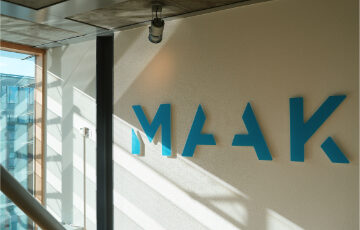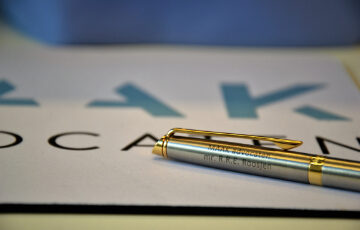Leasehold is the transfer of use of an object for a limited period of time with the possibility of cultivating its fruits, for which the owner is entitled to a fee. Leasehold is to be distinguished from rent. The difference is that the tenant, unlike the lessee, does not have the possibility of cultivating the fruits. Our Dutch lawyer in the Netherlands Martin Krüger advises on a lease agreement under Dutch law.
Lease contracts in the netherlands
The term lease usually indicates an arrangement similar to a tenancy agreement, whereby agricultural land is made available by the owner, i.e. the lessor, to a tenant, whether or not it is actually farmed. In principle, and unless otherwise agreed, the rent of the leased property accrues to the tenant. Lease agreements in the Netherlands are made in writing, as are changes and its termination. Dutch law traditionally has a special regime for the use of agricultural land. The legislator has included additional protective provisions in the leasehold act. The most important provisions relate to the duration of the agreement (six to twelve years). But also to the legally regulated lease prices, the protection against termination and the possibility to transfer the lease in case of a farm takeover.
Dutch LEASE agreement between parties
Until September 2007, the Dutch lease agreement between parties in the Netherlands was regulated by a separate law, the so-called Pachtwet. This law stipulated, among other things, that the lease agreement had to be concluded in writing and approved by the Dutch Basic Chamber (grondkamer). If, due to exceptional circumstances, the return was significantly lower than could be expected at the time of the conclusion of the contract, the tenant could claim a rent reduction over the relevant period. Lease contracts for farms in the Netherlands have a minimum term of twelve years, for detached land a minimum lease term of six years applies. Both contracts are renewed by law every six years, unless one of the parties has terminated at least one year before the expiry of the current contract.
In September 2007, the new Leasehold Act came into force, which is included in the seventh book of the Dutch Civil Code. Many provisions are similar to the old regulations. For example, a lease is also renewed every six or twelve years, but can also be concluded for a longer or shorter period, provided that a specific termination date has been set in advance. The shorter term, however, requires the approval of the Basic Chamber, which can be granted either before the agreement is concluded or during its review.
Are you an English-speaking entrepreneur leasing in the Netherlands and have you received notice of termination from the lessor? We know from our practice that a desired objection often fails due to trivialities. We therefore advise our clients to always pay close attention to the applicable deadlines. Our English-speaking lawyers from Amsterdam can help you to get an overview of both your rights and obligations as quickly as possible and support you in a possible legal dispute in the Netherlands.
PREPARATION OF A LEASE AGREEMENT UNDER DUTCH LAW
What exactly you have to include in a Dutch lease agreement and whether you need approval from the Basic Chamber depends, among other things, on the leased object, the area, and the intended purpose of the lease. The English-speaking lawyers at MAAK Advocaten can draw up tailor-made contracts for you in accordance with Dutch law and will be happy to advise you in Engish.
SPECIALISED Dutch LAWYER FOR LEASE IN THE NETHERLANDS
Our team of Dutch lawyers in the Netherlands (Amsterdam) have a strong reputation in (international and domestic) contract law.







